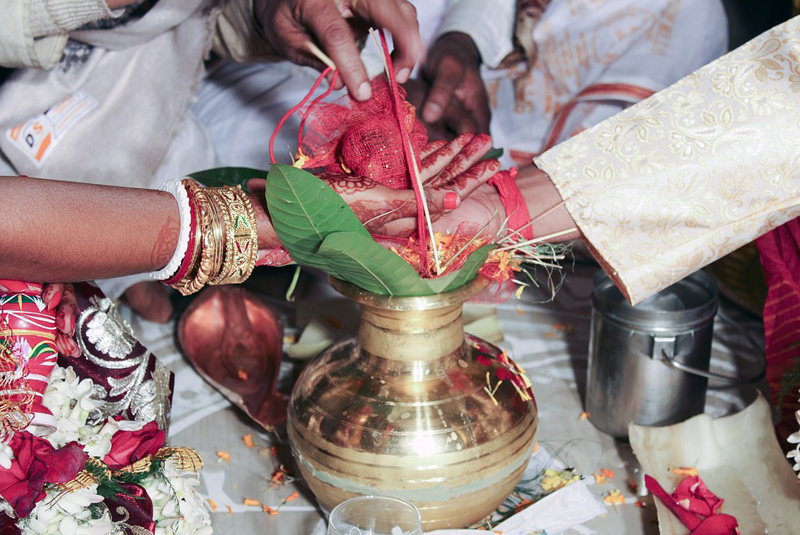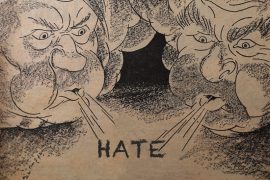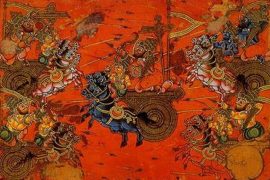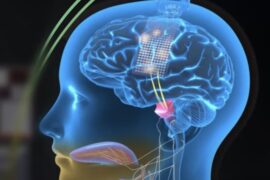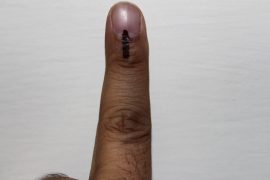In India’s ever-evolving cultural milieu, the abominable practice of marrying cousins or close members of kin, called “consanguineous marriage,” continues to persist. Transcending the differences in rites, regions and religions, such socially approved incest remains a popular practice across the country.
Consanguinity has invited the concern of genealogists and moral censure from social groups, who critique the practice for not only being anachronistic but also detrimental to the genetic constitution of the progeny.
Genetic prognosis
The geneticist, Dr Sadhana Ghaisas states, “irrespective of how the man and woman are related — first or second cousins or uncle and niece — there is a high risk of birth defects in their progeny as long as they belong to the same bloodline.” As a determinant of genetic deformity being passed on to an offspring, the degree of consanguinity between parents, quantified by a number, is telling. The value denotes the number of generations before which a common ancestor existed.
Having near ancestors increases the possibility of inheriting a recessive gene, resulting in autosomal diseases or single-cell mutations. A five-year research conducted by Medical and Vision Research Foundations, Sankara Nethralaya, Chennai, revealed a higher tendency among consanguineous families to develop ophthalmic genetic disorders. The lower genetic diversity within small gene pools decreases the chances of resisting such biological anomalies, which is one of the most pernicious, evolutionary downsides of the Founder effect. In short, children born out of consanguineous marriages are more susceptible to congenital diseases.
-30-
Copyright©Madras Courier, All Rights Reserved. You may share using our article tools. Please don't cut articles from madrascourier.com and redistribute by email, post to the web, mobile phone or social media.Please send in your feed back and comments to [email protected]

